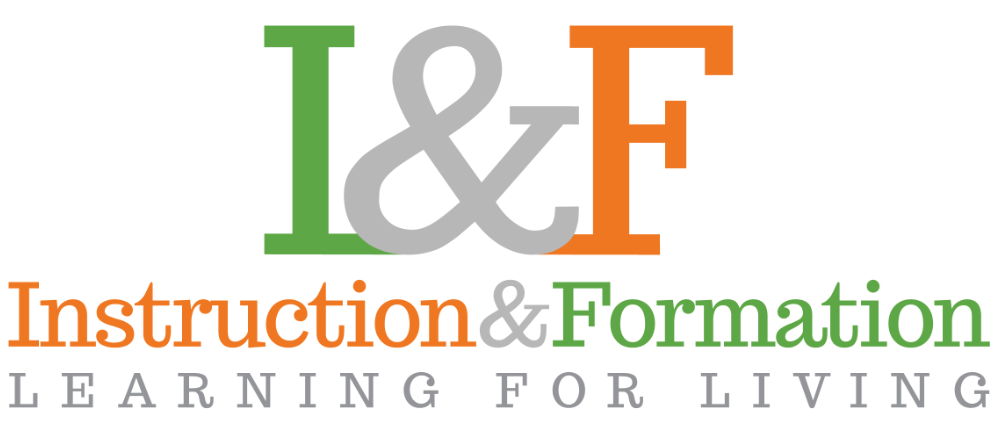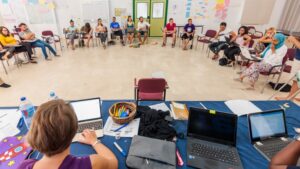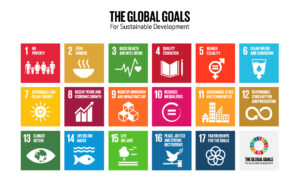GLOBAL EDUCATION FOR YOUTH Project
The need to develop this project arose by working with professionals of the youth and education sector. The partners of this consortium discussed the most burning needs related to the social challenges as well as those of the young learners and educators cooperating with the partner organisations. The question was raised about the lifelong learning system, and how formal, non-formal and informal education can cooperate to face common problems and intervene, each with its own role, in providing answers. Formal, non-formal and informal education are complementary and mutually reinforcing elements of a lifelong learning process (Council of Europe). Educators affected by migration and displacement are inadequately prepared to carry out the more complex tasks this entails, such as managing multilingual classrooms (UN Global Education Monitor report). The conclusion was that the role of professionals of youth education is essential to improve a systemic answer to the emerging learning needs of young people leading them to a full, satisfactory and functional integration in society.
This project refers to the adequacy of training approaches used by youth workers with relation to the main trends of social change in progress. These trends apply to:
• Further discrimation opportunities derived from the covid crisis
• Family changes and the arrival of new type of families, more complex and with more members;
• Evolution of educational and existential styles;
• Diversification of cultural context;
• Extension of the gap between rich and poor people and the crisis of middle class;
Each of these trends, deeply connected to each other, are part of a specific social context – about liquid modernity, outlined by Bauman – that have largely lost its traditional networks of cohesion and cooperation, intensifying individualistic deviations that damage the basis of democracy and peaceful coexistence (Todorov). In this context, youth organisations are among the main pillars against the process of social molecularization but, in order to act efficiently, must be able to engage with different interlocutors than those of the past and different from each other for many reasons: needs, expectations, values, training models. As described by the EU Commission: “Education and training policy should enable all citizens to benefit from quality education and to acquire and update over a lifetime the knowledge, skills, and competences needed for employment, inclusion, active citizenship and personal fulfilment.
Young people from immigrant backgrounds, the disabled, and Roma children are among the most vulnerable groups affected. At the same time, there are large differences between countries in the extent to which family background influences learning outcomes. Against this background, Europe needs more efficient but at the same time more inclusive and equitable education systems,
which give access to quality educational provision.”
What are our objectives?
Young people from immigrant backgrounds, the disabled, and Roma children are among the most vulnerable groups affected. At the same time, there are large differences between countries in the extent to which cultural and social background influences learning outcomes. Against this background, Europe needs more efficient but at the same time more inclusive and equitable education systems, which give access to quality educational provision.”.
The project is based on the specific objective to create specific training tools to enable youth workers to engage directly, at least potentially, with each young person (especially with those at risks of exclusion for social or economic reasons, or for cognitive or physical disabilities) in an individual and group way.
General objectives:
-To reconnect young people into networks of exchange and social cohesion.
– to take Young people away to their solitude and/or prevent the risk that they establish new types of solitude and marginalisation.
The above mentioned training tools will be developed on the basis of the “Global Education” approach. Global education is education that opens people’s eyes and minds to the realities of the globalised world and awakens them to bring about a world of greater justice, equity and Human Rights for all.
Our partners
PRISM IMPRESA SOCIALE S.R.L. Italy
I.E.R.F.O.P. ONLUS Italy
I AND F EDUCATION AND DEVELOPMENT Ireland
GROWTH COOP S.COOP.AND Spain
FUNDACJA DIVERSITY HUB Poland
Jazykova skola s pravem statni jazykove zkousky PELICAN, s.r.o. Czech Republic
For further information, please visit: https://ge4youth.eu/




